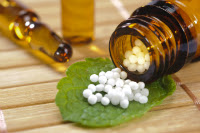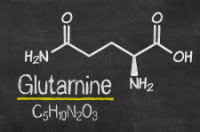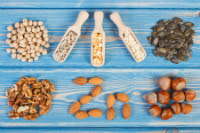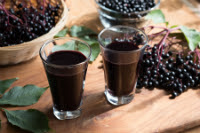 Homeopathic medicines consist of very small doses of natural substances that can stimulate the body’s inherent self-healing response without side effects. Homeopathic remedies restore balance to a person’s vital life force so that the body can correct imbalances causing symptoms and begin to function as it should, free of the symptoms of illness.
Homeopathic medicines consist of very small doses of natural substances that can stimulate the body’s inherent self-healing response without side effects. Homeopathic remedies restore balance to a person’s vital life force so that the body can correct imbalances causing symptoms and begin to function as it should, free of the symptoms of illness.
A variety of homeopathic medicines can be used to treat someone suffering from the wide range of symptoms associated with depression. Because treatment is highly individualized to the needs of each person, the homeopathic medicines used may be different for each person. Depending on the severity of depression and the presence of other medical conditions, homeopathic remedies may be used alone or along with herbs or conventional prescription drugs.
Homeopathic remedies are best prescribed by a practitioner who has extensive training in homeopathy (including certification and/or licensure) and experience in treating depression. Your naturopathic doctor will conduct an extensive interview with a patient, identify potential remedies, and closely monitor a patient’s progress until the person is well.
If you’re suffering with depression, talk with your La Mesa Naturopathic Doctor about homeopathic treatment.
References
Contact our office for more information
Journey of Health Medical Clinic
619-772-1164



 There’s a lot you can do to help your child maintain optimal health and prevent the occurrence of common illnesses. For instance: Do you model healthy eating? Are you exercising as a family? Do you make time to play and relax? Teach your children the following self-care tips and you’re helping them establish a lifetime of healthy habits.
There’s a lot you can do to help your child maintain optimal health and prevent the occurrence of common illnesses. For instance: Do you model healthy eating? Are you exercising as a family? Do you make time to play and relax? Teach your children the following self-care tips and you’re helping them establish a lifetime of healthy habits.


